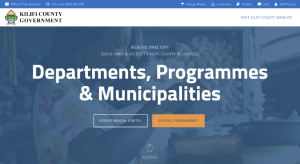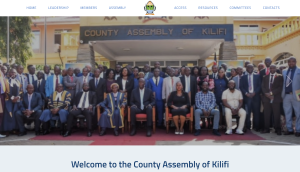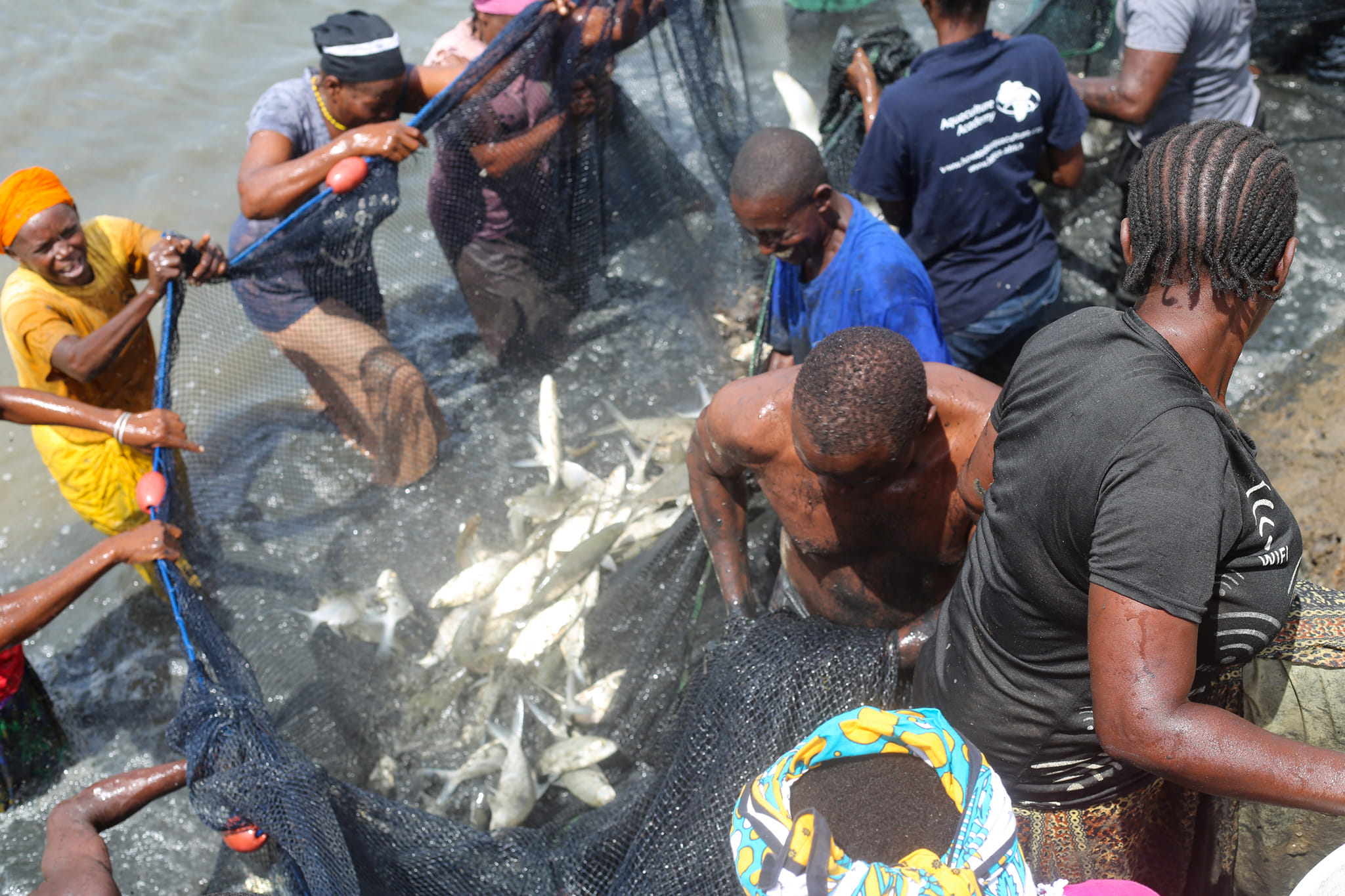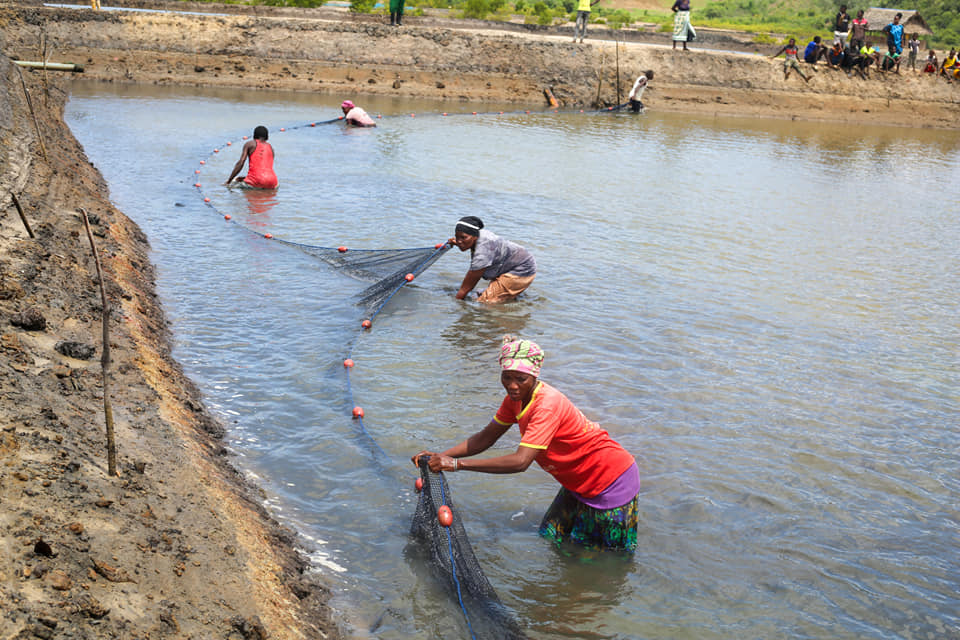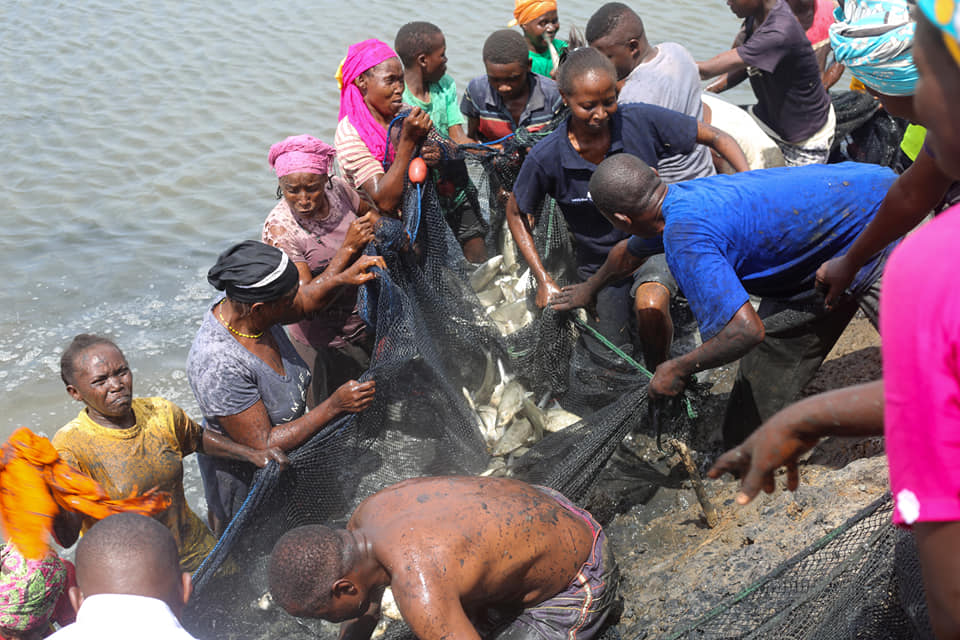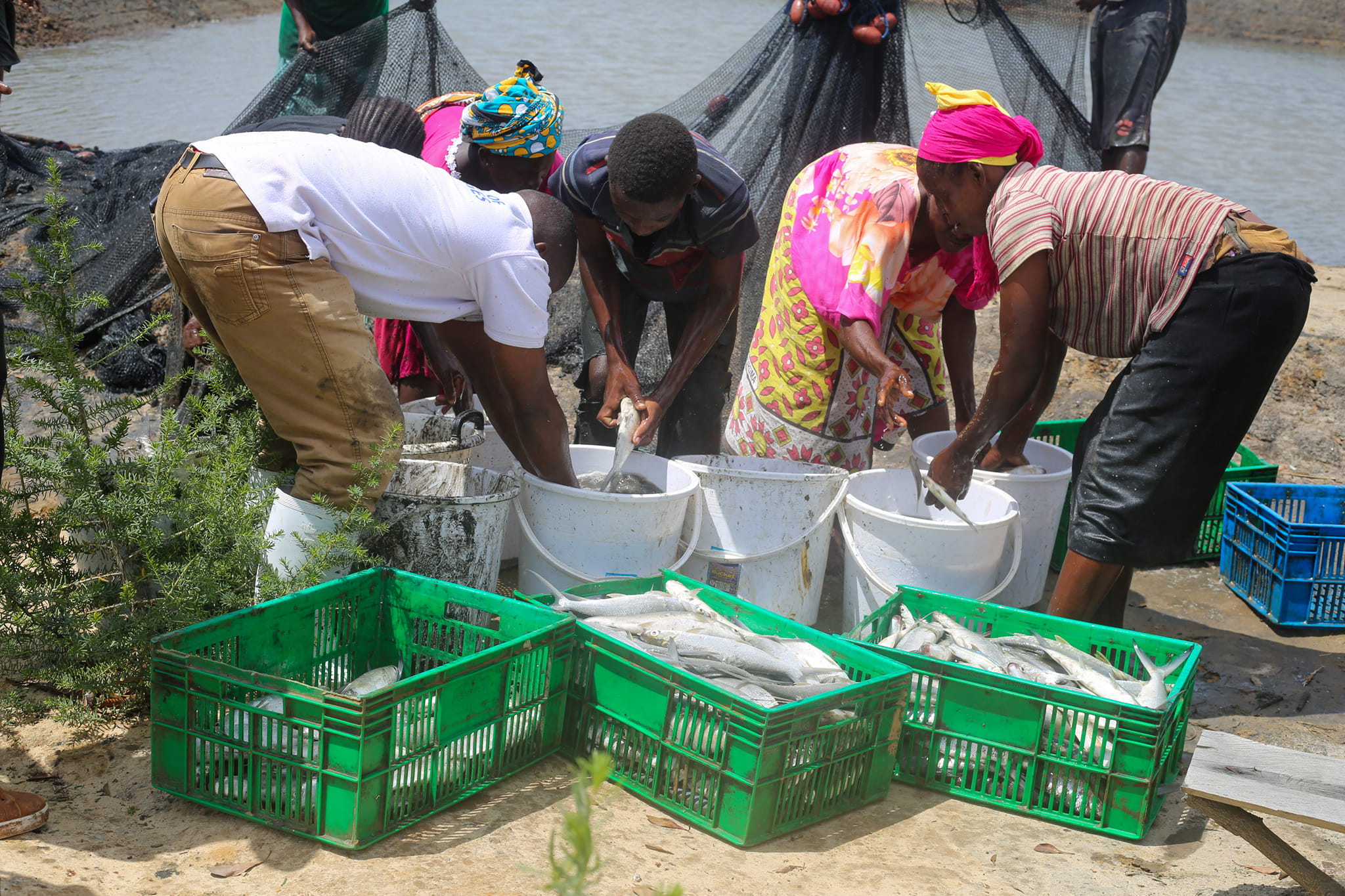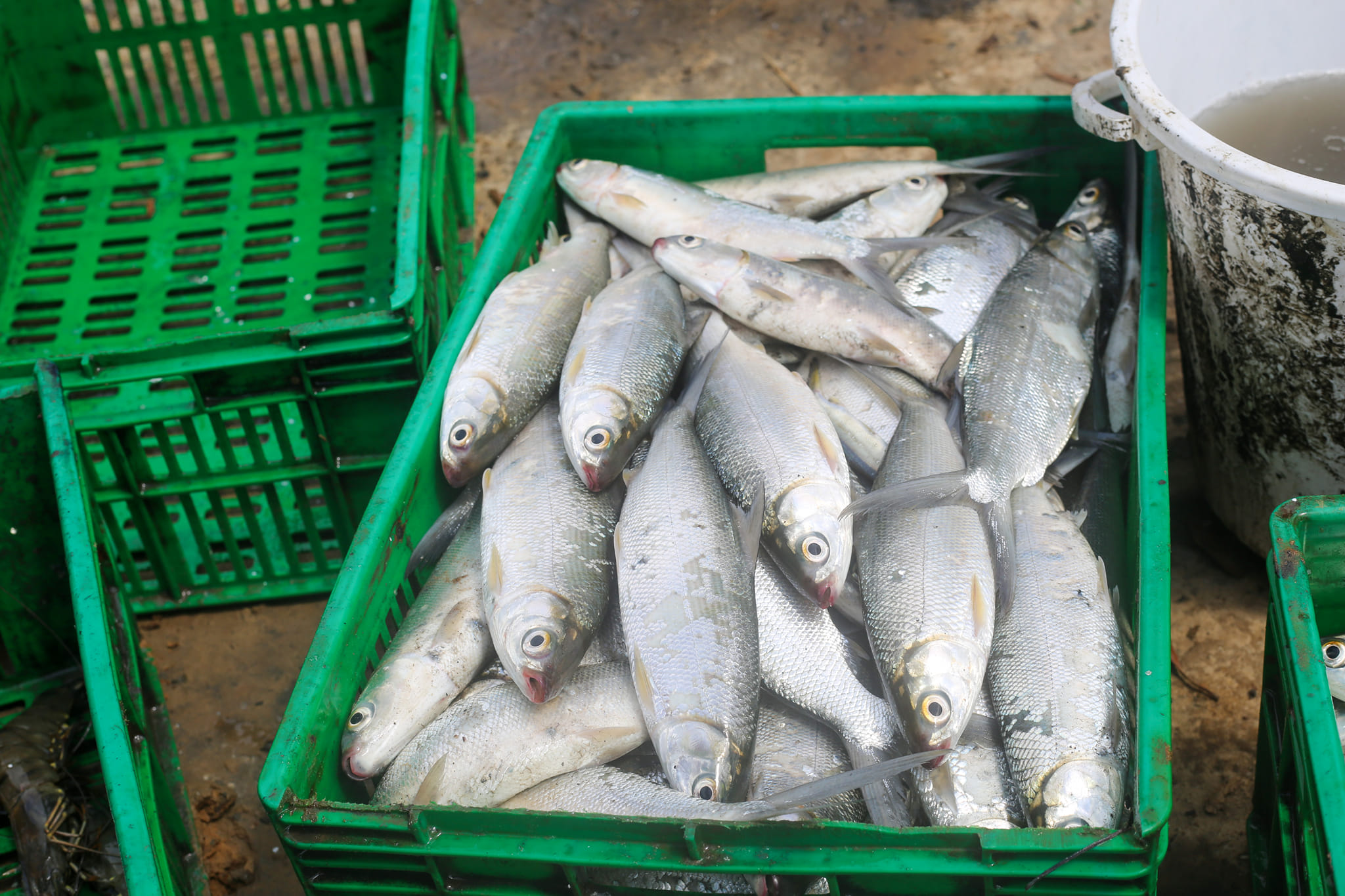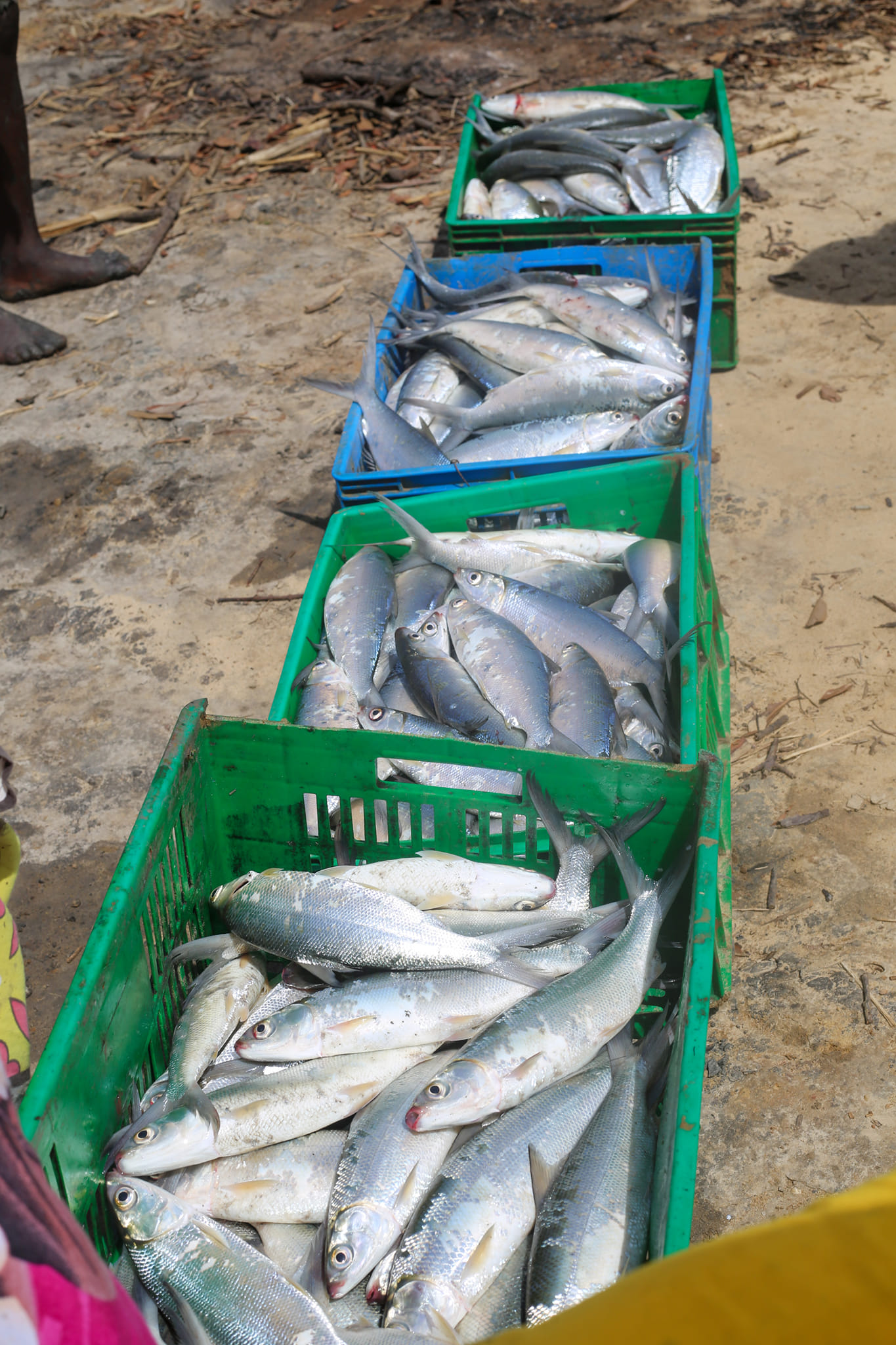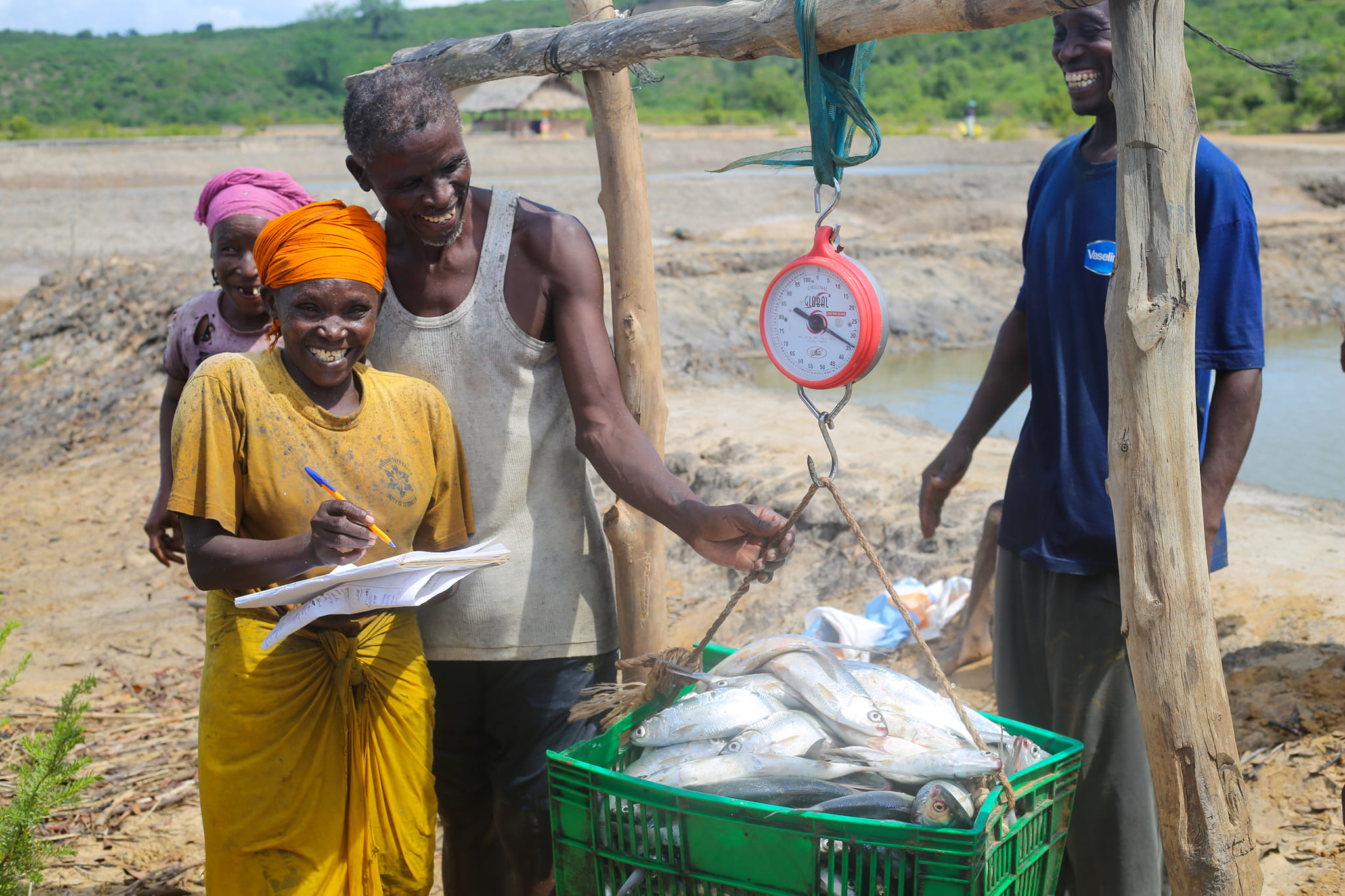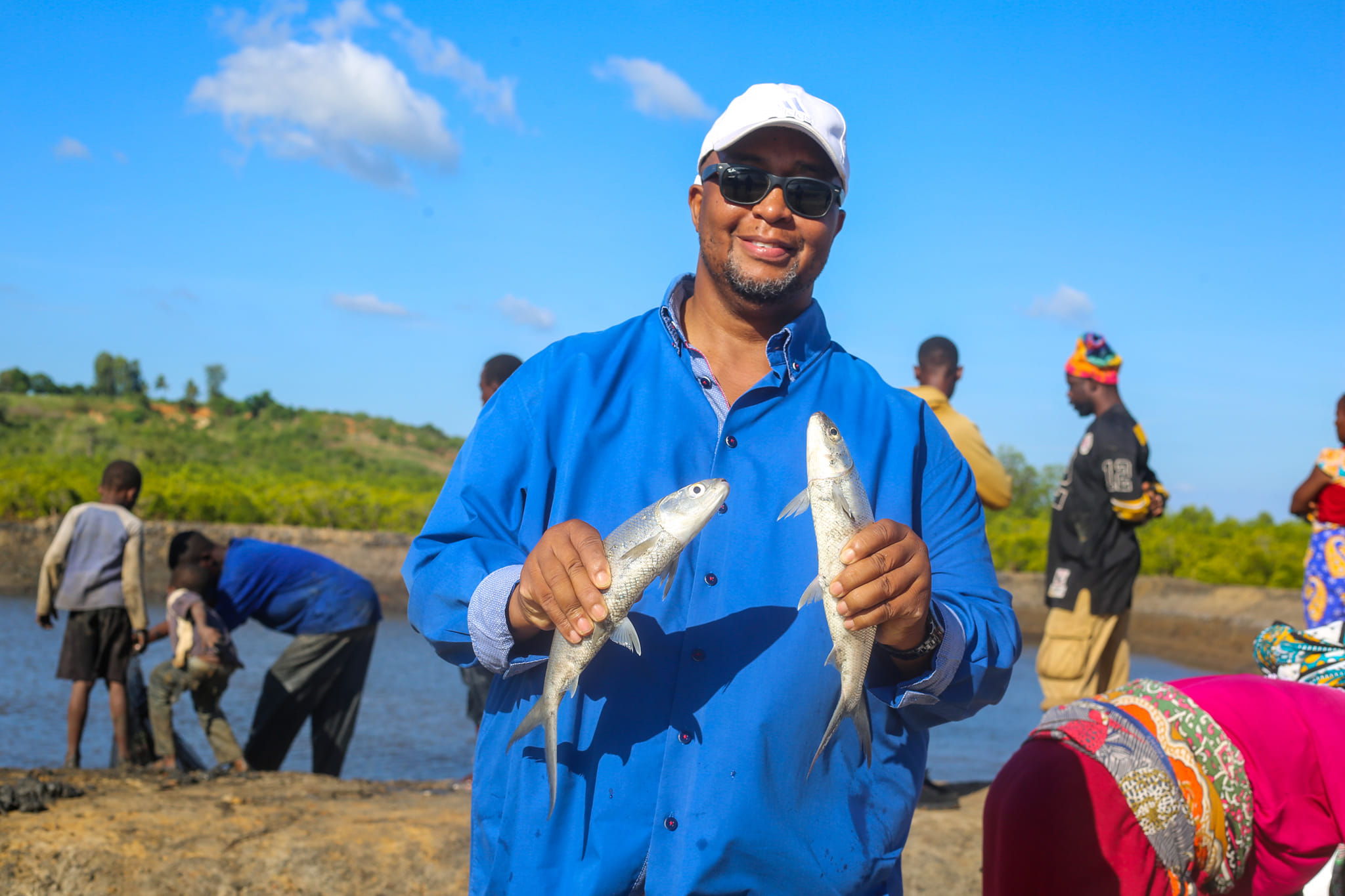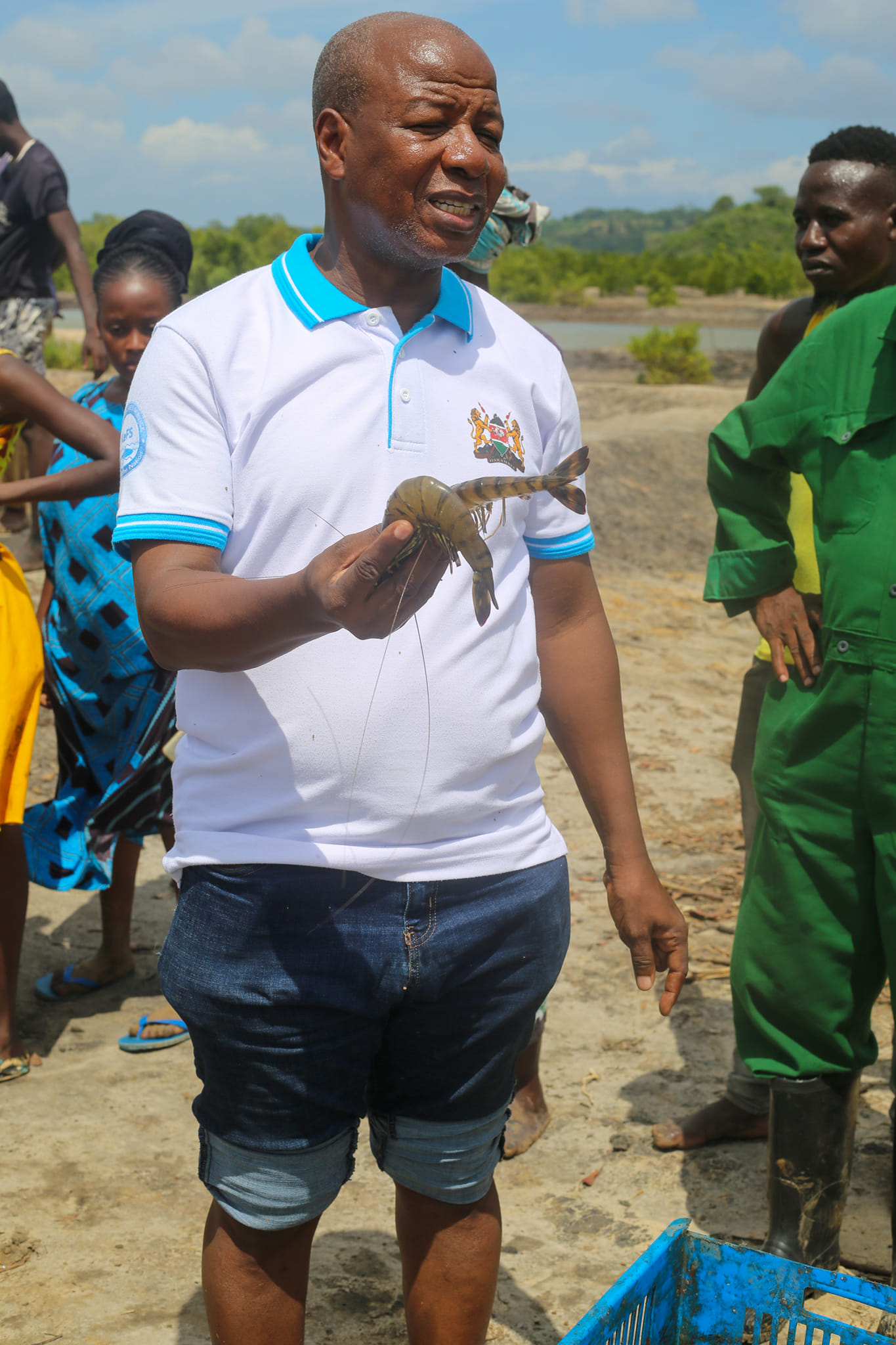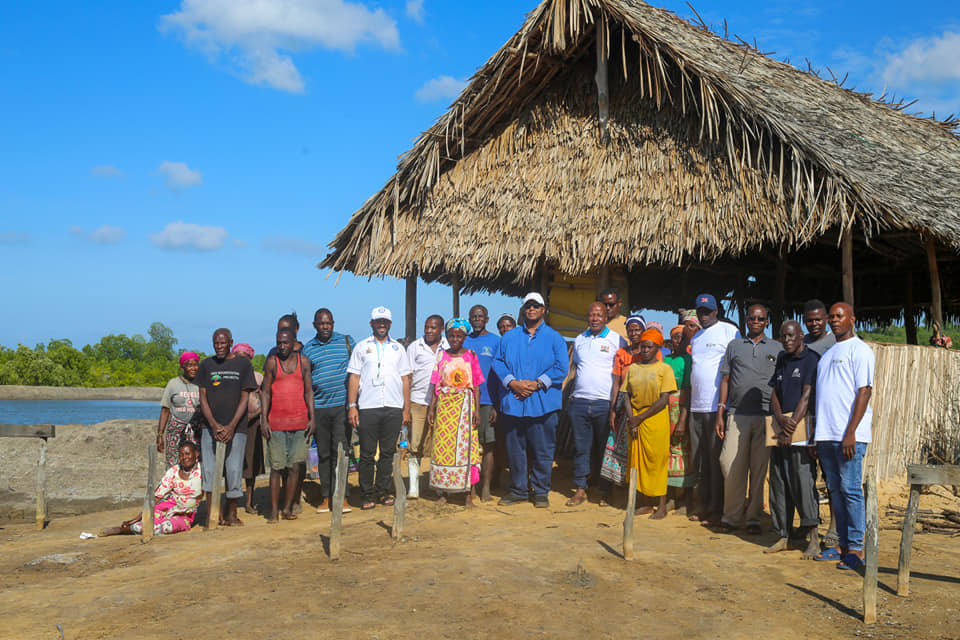Community-Led Mariculture Project Transforms Livelihoods in Kilifi County
In the coastal village of Kakuluni, Mnarani Ward, a community-driven project has transformed the lives of local families through innovative mariculture practices. The Ihaleni Kakuluni Conservation Self-Help Group has emerged as a model of success, leveraging government support to overcome challenges and achieve increased fish production.
Founded in 2012 with 21 members, the Ihaleni Kakuluni Conservation Group focuses on sustainable mariculture farming, environmental conservation, and mangrove beekeeping. Through their efforts, they have made significant strides in improving fish production and enhancing the livelihoods of their members.
Their activities include milkfish farming, pond construction and maintenance, fingerling stocking (milkfish and prawns), feeding programs, water quality management, and the sale of fish products in local markets. However, for many years, the group faced challenges due to low harvests resulting from their reliance on unpredictable wild fingerlings.
The turning point came when the Kenya Marine Fisheries and Socio-economic Development Project (KEMFSED) provided a transformative grant. This funding enabled the group to access high-quality milkfish fingerlings, essential equipment, and technical training, revolutionizing their operations, according to the group’s chairperson, Nicholas Kirima Ngao.
“We used to rely on wild fingerlings, which was a labor-intensive process,” explains Nicholas. “Thanks to KEMFSED, we now stock our ponds with quality fish, and our harvests have significantly increased. Previously, we harvested less than 50 kilograms per pond, but now we’re achieving over 100 kilograms, even with the challenges posed by high tides. Our lives have truly transformed.
” The project has not only improved the group’s fish production but has also had a broader impact on the local community. Higher fish yields have translated into better incomes for families in Kakuluni, allowing them to improve their living standards and invest in their children’s futures. “Our lives have improved significantly. We can support our families and provide better opportunities for our children,” said group member Anastacia Nduku. Beyond the economic benefits, the project has fostered a strong sense of environmental stewardship within the community. Sustainable fish farming practices have helped protect the coastal ecosystem, ensuring that future generations can benefit from the area’s natural resources.
“This project showcases the power of community empowerment,” says Lucy Kapombe, KEMFSED’s Kilifi County project coordinator. “The success of the Ihaleni Kakuluni Group is a testament to what can be achieved when communities are given the right tools and support. It’s an inspiration for sustainable development investments in other regions.
” Looking ahead, the group is optimistic about its future growth. “We’re grateful for the support we’ve received, but our biggest challenge now is accessing quality fingerlings through a hatchery. This would further boost production and allow us to produce higher-quality fish, leading to better market prices,” says Nicholas. “We also have plans to expand and add value to our fish products, creating more jobs and further strengthening our community’s economy.”


